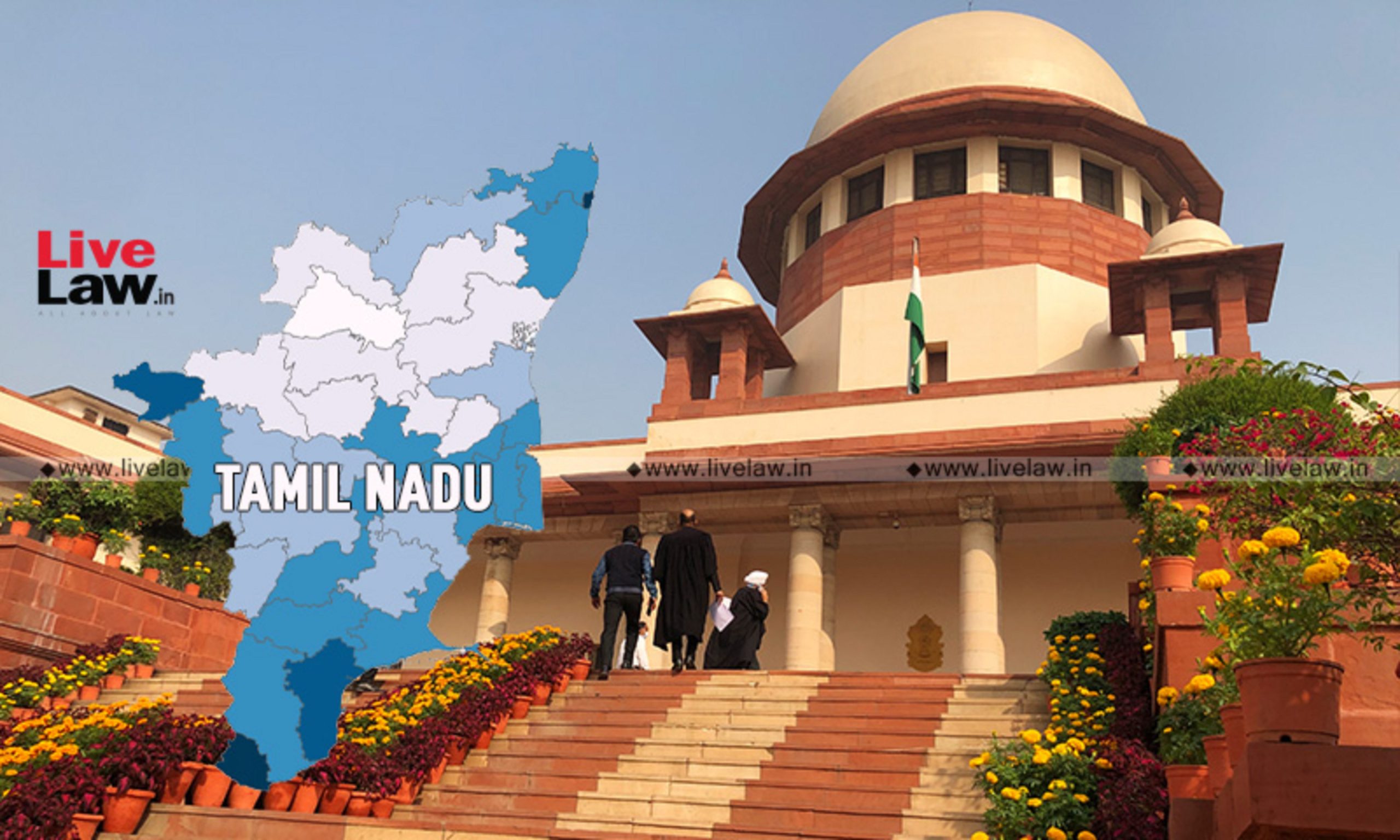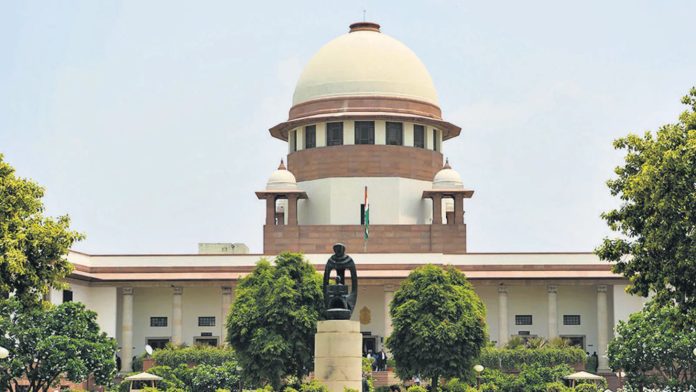- At the best of times, the Indian political scenario is always brimming with caste conundrum without which none of the elections could pass muster in the overall scheme of things. Every ordinary Indian citizen is brought up on a steady diet of labyrinthine caste equations that get further accentuated by the political class trying to wade into already muddied waters. Yes, any political party or leader worth his/her salt would not let go of an opportunity to consolidate the assiduously built-up vote banks which are littered with caste considerations. As it is, a huge country like India represents a microcosm of diversity including the castes that are not easy to decipher for those unable to comprehend the prevailing situation holistically.

PC: Sohini Chowdhury
- Of course, we are aware that the political class always prefers to test the waters by raising the issue of quotas and reservations whenever an opportunity presents itself. The issue simply refuses to die down. Let’s look at how the issue is panning out in Maharashtra. Over two years after a constitutional bench of the Supreme Court rejected Maharashtra’s legislation to carve out a standalone reservation for Marathas over and above the existing ones, the issue continues to reverberate. Recently, the state government placed a police officer in Jalna on compulsory leave following the outbreak of violence earlier over the matter. Governments have come and gone since an ordinance to provide for Maratha reservation was first promulgated nine years ago.
- Unfortunately, the matter continues to fester. Mind you, Maharashtra is not an isolated example. Governments are increasingly prone to using reservations for politically influential groups as a tactic to both build an electoral coalition and offset the challenging employment scenario. These short-sighted tactics have long-term negative consequences. For instance, consider the cases of Tamil Nadu and Karnataka. In these states, governments at the tail end of their terms made a ham-handed attempt to tweak existing quotas, which have birthed challenges that continue to grow. TN in 2021 introduced internal reservations for Vanniyars within the 20% quotas for MBCs. It was duly struck down by SC because the change wasn’t backed by data.

PC: Gautam Mishra
- However, the current government is still looking for a way out. In Karnataka, tweaks to reservations made last year have ended up in SC, which observed that they are prima facie flawed. The jurisprudence on reservations has unambiguously held that caste can only be a starting point for identifying backwardness. It must be supplemented by data on other criteria to meet judicial tests. Sadly, governments are unmindful of these aspects. But once the genie is out of the bottle, subsequent governments fritter political capital in trying to seek compromises. In the absence of fast-paced growth in employment opportunities, governments have chosen to amend existing quotas to cater to the interests of handpicked groups, at a huge economic cost. This should stop.






